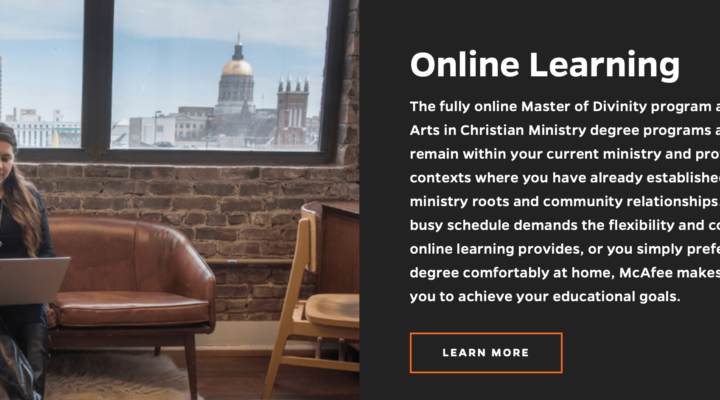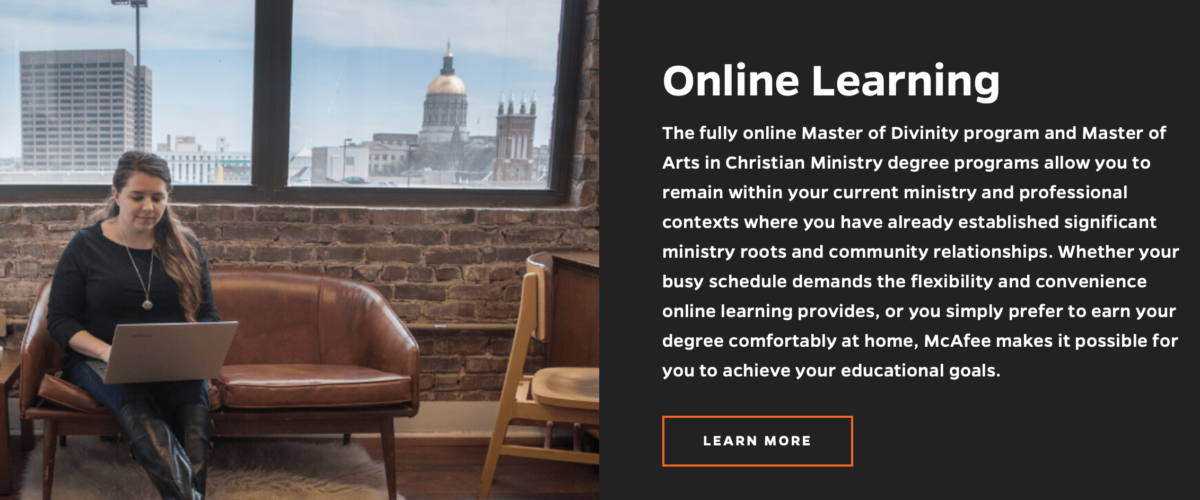CBF-partner theology schools are making significant shifts as they prepare for a fall semester to commence in the middle of the global pandemic.
After finishing the spring semester with online instruction, some are planning to offer a variety of options for students for the fall, including both in-person and online classes, while others will remain entirely online.
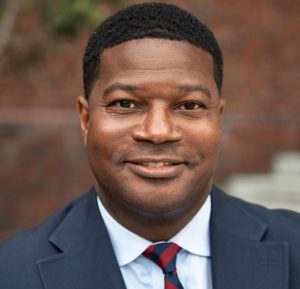
Jonathan Walton
“Currently, we are planning for a blended approach that will combine face-to-face and online modalities,” said Jonathan Lee Walton, dean of the Wake Forest University School of Divinity in Winston-Salem, N.C.
All courses at Wake Forest have been designed with the opportunity for online instruction, meaning students may take any class and choose to attend in-person or remotely. Some courses will be blended, meaning they will include online instruction and in-person meetings. If an in-person course exceeds enrollment of 15 students, students will be organized into rotating cohorts.
After quickly pivoting to online instruction in the spring, Wake Forest faculty spent the summer training and designing courses that would work in either setting. “Whether a student is physically in the classroom or remote, we can provide the same engaged, interactive instruction that our students deserve and expect,” Walton said.
McAfee School of Theology at Mercer University in Atlanta is taking a similar approach.
“The university is committed to having in-person classes,” said Gregory DeLoach, who has been serving as interim dean since 2018. The school also will offer a number of online classes and make accommodations for students who are not comfortable attending in-person classes.
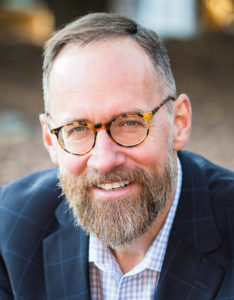
Greg DeLoach
“We’re going to do what we are allowed to do by law but we’re also going to go the extra mile,” DeLoach said. “We’re not going to do anything to put students or staff at risk.”
University advantages
As university-affiliated theology schools, Wake Forest and McAfee follow the lead of university policies. They also benefit from a deep well of campus resources that can help protect students as they return to campus.
At Wake Forest, the university is requiring face coverings in public and private places, adhering to social distancing and expanding student and employee health services. Mercer University will send a “Bears Care Kit” to every student, a kit that includes a Mercer-branded cloth mask, a bottle of hand sanitizer, a digital thermometer and information cards with health guidelines. The school also plans to screen students for symptoms and have an on-campus COVID-19 testing facility.
Accelerating the move to online learning
Meanwhile, the pandemic has presented an occasion for schools to move forward with new programs that make theological education more accessible. In April, Wake Forest announced “MDiv Flex,” a program designed for students who work fulltime. McAfee announced the launch of a fully online Master of Divinity degree in June, the first of its kind in the southeastern U.S.
 “Even before the pandemic, most theological institutions were moving toward embracing new delivery avenues — including the use of technology,” said Pamela Durso, new president of Central Baptist Theological School in Shawnee, Kan. “COVID-19 sped up that process for many schools and increased awareness of the need for virtual learning, the importance of creating community among students in new ways and the great value of innovative courses.”
“Even before the pandemic, most theological institutions were moving toward embracing new delivery avenues — including the use of technology,” said Pamela Durso, new president of Central Baptist Theological School in Shawnee, Kan. “COVID-19 sped up that process for many schools and increased awareness of the need for virtual learning, the importance of creating community among students in new ways and the great value of innovative courses.”
Central Seminary has been doing online theological education for years and received approval in 2017 from the Association of Theological Schools to offer a fully online M.Div. degree.
“Many of the courses in our English-language programs were already taking place on Zoom — and other courses, including those in the Korean-language programs, have hybrid classes with some sessions on Zoom and others held in-person,” Durso said, adding that “moving into the new reality of our COVID world was pretty much a seamless endeavor.” In addition to its metro Kansas City campus, Central operates extension campuses in Tennessee, Wisconsin and Michigan. As of now, the school plans to host all classes online for the fall semester.
Residential schools face more risks
Residential higher education poses additional risks to spread the virus as students live in close quarters and interact in classes, libraries, dining halls and social events. Against state public health guidelines, Liberty University brought back around 800 of its students to its campus in March, leading to a dozen students developing symptoms and at least one student already testing positive for COVID-19.
A New York Times survey of every public four-year college in the country revealed more than 6,600 cases and at least 14 coronavirus-related deaths were linked to colleges. Many colleges and universities are bracing for a hit to enrollment and finances as students opt out of starting school and revenue-generating activities such as sports are cancelled or modified.
What will happen to enrollment?
The enrollment prospects for theology programs vary.
“The phenomenon of ‘summer melt’ is real,” said Walton of Wake Forest. That term describes students who enroll in school but, over the course of the summer, ultimately do not show up.
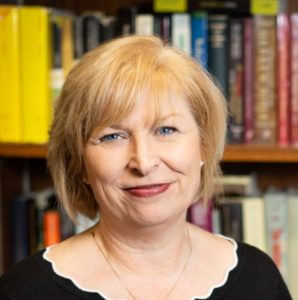
Pam Durso
“We expect fall enrollment to be down a little bit but not a sharp decline. Applications for our English-language programs are actually up slightly,” said Durso of Central. “In the Korean-language programs, enrollment will most likely be down some, since a large number in those programs are international students who are impacted by both immigration policies and the financial challenges of COVID.”
“At this point, we are currently meeting or exceeding our goals that we projected for enrollment,” said DeLoach of McAfee. “Our recruited and returning students are all ready to come to school.” DeLoach worries, however, about what the future may hold since much of the school’s recruitment takes place in the fall. Recruitment strategies may have to change based on public health guidelines.
New possibilities
Despite the challenges, leaders see new possibilities in theological education and renewed commitment to their mission.
“Things have come our way that have forced us to rethink everything,” DeLoach said. “We’re going to have to be creative in the way we do things. I think we’re going to have more global campuses, we’re going to expand our diversity and the voices that are present in theological education.”
“This pandemic has exposed and exacerbated the vulnerabilities of our society,” Walton added. “It may change our instructional modalities, but I pray it will help us also live into the best of our intellectual and spiritual mission — doing justice, loving mercy and walking humbly before our God.”

